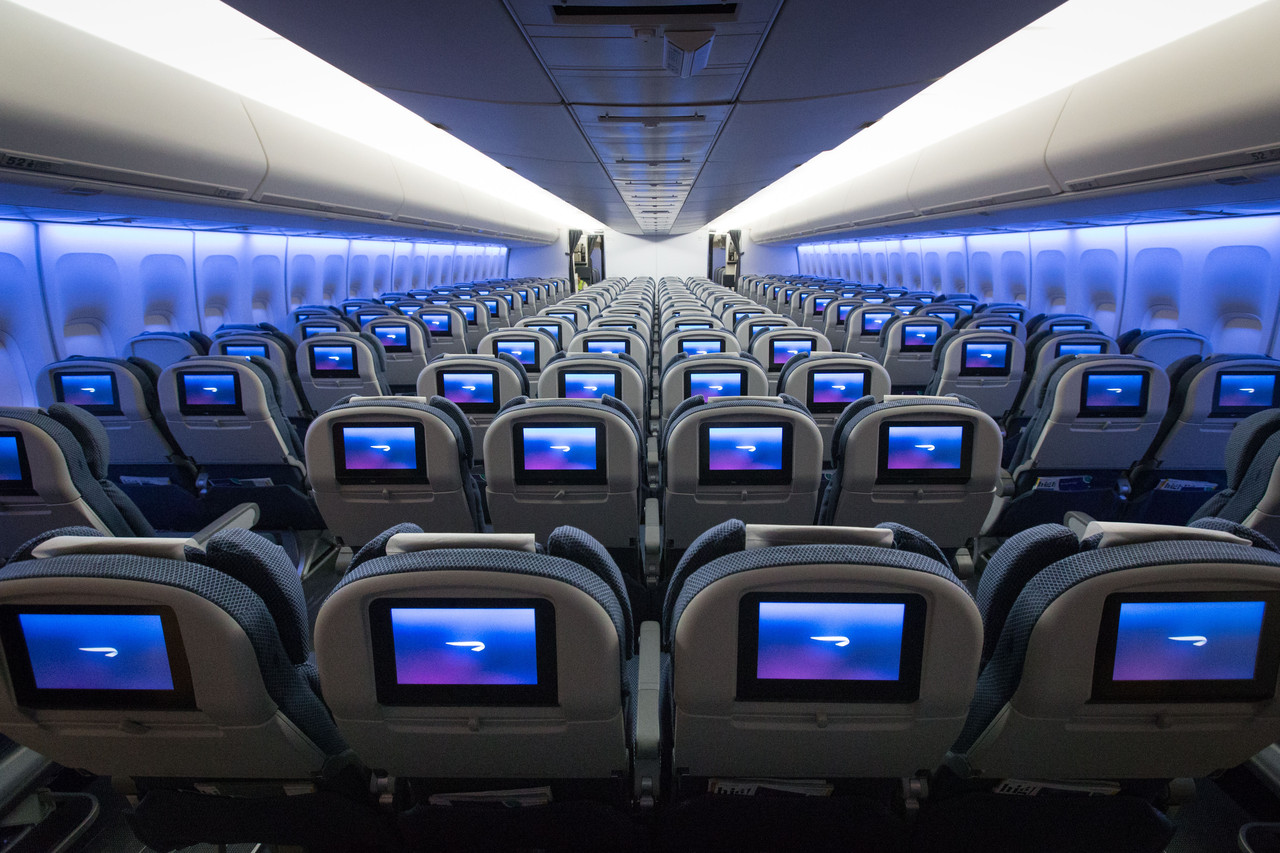
A leading transport workers union has made a fresh call for major international airlines to stop participating in the forced deportation of failed asylum seekers and immigrants. Figures from 2015, revealed that over 10,000 failed asylum seekers were deported from the United Kingdom on regular commercial flights. While many of these were voluntary removals, a significant number were forced deportations.
The International Transport Workers Federation (ITF) says it is becoming increasingly concerned about the trauma suffered by airline workers who have to witness these deportations – especially with the rise of protest and other disruptive behaviours which are linked to these forced removals.
“Cabin crew and ground staff directly experience the effects of this increase in deportation and associated protest activity,” the ITF says. In some cases, airline workers have even witnessed the deaths of deportees onboard.
In one case, Louise Graham, a British Airways purser was forced to quit her job after witnessing the death of Jimmy Mubenga, a deportee who suffocated to death after being restrained by accompanying security staff onboard a BA aircraft in 2015. Graham took the security company G4S to court, after suffering a “mental breakdown” following the traumatic incident.
Graham, who had been a member of cabin crew for over 20-years said she was “left in pieces” after hearing Mubenga make “harrowing howls” as the security staff attempted to restrain him.

In just the last few weeks, one deportation had to be called off after a “mutiny” from passengers on a Turkish Airlines plane at Heathrow Airport. The case created a furore in the UK where news outlets revealed that the deportee was a convicted gang rapist with a violent criminal past.
In another case in Sweden, again involving Turkish Airlines, a 21-year old student staged an onboard protest to prevent the deportation of an Afghan immigrant. In that incident, Elin Ersson live streamed her protest on social media before being arrested by Swedish authorities. In both incident, airline staff were stuck in the middle despite what they might have personally thought of the deportation.
In at least 222 cases between January and October 2017, airline pilots were forced to stop a deportation from going ahead because of serious concerns they had about the safety and welfare of passengers and crew members. The ITF says airline pilots and other staffers shouldn’t be put in a decision where they have to make this decision – instead, airlines should be making a stand.
In fact, some UK-based airlines have already taken action – earlier this year, Virgin Atlantic informed the British government that it would no longer participate in forced deportations. Meanwhile, British Airways claims it has a “legal obligation” to assist the Home Office and refusing the carriage of deportees would mean it was breaking the law.
Other British airlines, including budget carrier easyJet, are also said to still be allowing forced deportations. “Commercial airlines must take greater responsibility for the safety of their crew and passengers and refuse to assist in forced deportations,” the ITF says.
Whatever the politics of the situation, we can’t help but think that there must be a better way. What do you think?
Mateusz Maszczynski honed his skills as an international flight attendant at the most prominent airline in the Middle East and has been flying ever since... most recently for a well known European airline. Matt is passionate about the aviation industry and has become an expert in passenger experience and human-centric stories. Always keeping an ear close to the ground, Matt's industry insights, analysis and news coverage is frequently relied upon by some of the biggest names in journalism.







